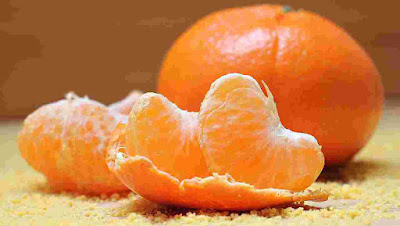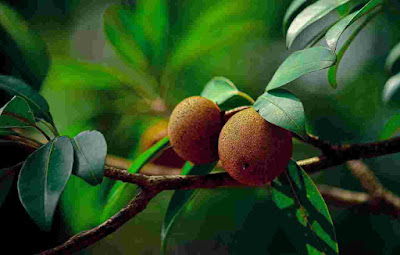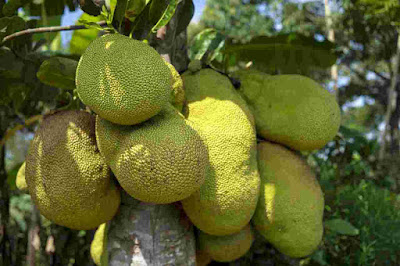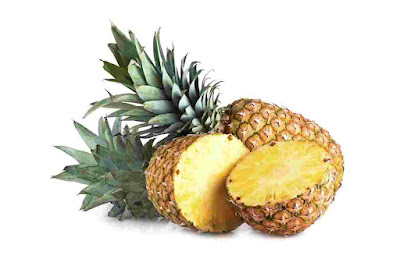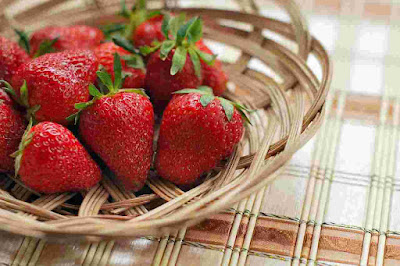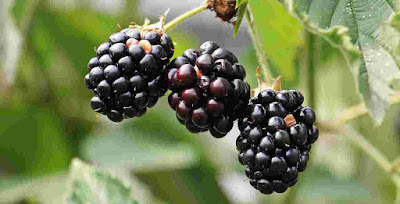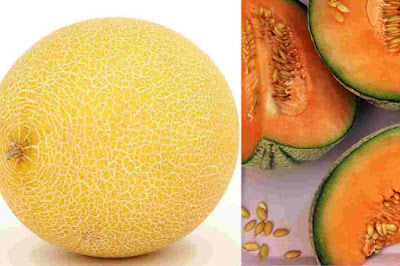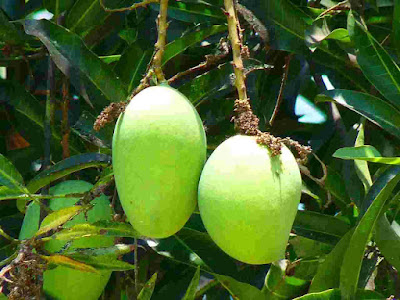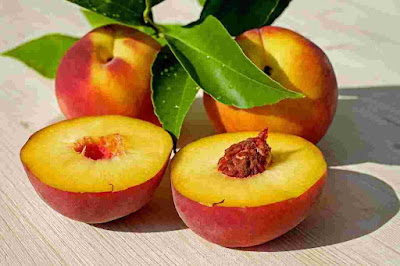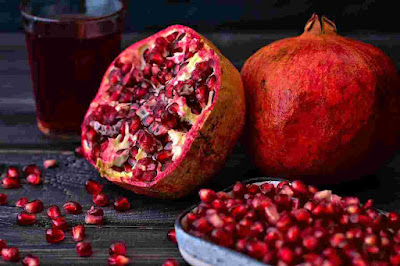Health benefits of seasonal fruits
The variety of diversity and beauty in our country has unmatchable. India sits on the biggest bio-geographical realm and is home to many seasonal fruits that are delicious to your palate as well as highly nutritious for the human body too. The popularity of these fruits is such that ancient Indians used to propagate its nutritious properties by mixing it with culture and it's even mentioned in old Sanskrit literature like the Vedas.
This article will describe such seasonal fruits
which one must try these fruits especially if you are a foreigner because these
fruits are not available in your country. Locals too should not miss these
delicious fruits as they have their own health and nutritive value. Moreover, every
seasonal fruit has its own property and uniqueness because it grows at a
particular time of the year and has its own cultural aspects associated with
it.
What are seasonal fruits?
As the name suggests, seasonal fruits are those fruits
which grow at a specific time of the year depending on the time of the year,
the area or place it grows. These fruits help any animal to survive the
changing weather as the year progresses by providing essential nutrients and
energy.
India is a tropical country and hence we all know the
different seasons that exist here aka Winter, Spring, Summer, Monsoon, Autumn.
The variety of these fruits depends upon the climatic conditions and the soil
profile of the place.
What are the benefits of eating seasonal fruits?
1)
They are economical and sold fresh
from produce when compared to those fruits which are grown in artificial
methods for a full year sale. Moreover, they are also very nutritious when
taken fresh from that season.
2)
They provide a great boost to your diet
as seasonal fruits are the most nutritious foods that are available during the season
it grows. For example, people prefer to eat Watermelon during summer to
hydrate themselves and replenish their body energy stores lost from sweat
and perspiration. Similarly, during monsoon Jamuns help to provide nutrition
and low calories which is essential when a person is facing digestive problems which
occur during this season.
3)
When consumed as a fruit they taste
better rather than taking it as a drink. When these fruits are processed as a
drink, we usually add sugars, preservatives and leave out all the dietary fiber
which is essential for the proper function of the intestines. Even the added
sugars can make the fruit lose its nutritive value.
4)
Environment is also happy for obvious
reasons, the fruits grow during their natural time, it also reduces the burden
of costs on farmers and the transport of their products becomes cheaper.
Seasonal fruits of Winter
The Winter season is a time when temperatures drop drastically and are often not that colorful and, we often face viral infections, common cold, dry, and scaly skin, and digestive problems. As with all seasonal fruits, they provide the nutrients that are essential to survive the cold temperatures. Even though these fruits are available for the whole of the year, they are best consumed when it arrives fresh during winters.
1) Plums:- We often see this fruit being consumed during Christmas as Plum Cakes. It is rich in nutrients like Vitamin A, C, K, Copper, Manganese, A rich source of fiber and antioxidants. They improve heart health because the potassium content in it which lowers the blood sodium levels and hence preventing hypertension and reducing anxiety.
2) Oranges:- This sour & sweet-tasting fruit has Vitamin C, potassium, folate, and thiamine, it boosts your immune system and decreases the risk of developing kidney stones, and reduces the risk of certain types of cancers like colon cancer due to its fiber content. Women, in general, require this fruit as it contains folate which helps in preventing anemia.
3) Guava:- Never miss a chance to taste this wonderful fruit, loaded with deliciousness it also has a good nutritional profile. It is a rich source of vitamin C, A, and folate. Minerals include potassium, copper. Health benefits include a substantial reduction in the risk of colon cancer due to its fiber content and anti-cancer properties. It also provides immunity just like oranges.
4) Dates:- Dates are a quick snack during this season, they help promote concentration and digestion and raise metabolism which in turn produces heat which helps the body stay warm. With a considerable load of carbohydrates and sugars along with fibers, it gives a reliable source of energy needed for any strenuous work during the season. It should be eaten in moderation in people with hypertension and kidney problems as it contains sodium.
5)
Chikoo:- This sweet
fruit is much needed for your health of skin and hair because this is the
season where your skin dries up quickly, hair fall also increases during winters.
It boosts immunity and aids in digestion due to its fiber content.
6) Other fruits that you can try are grapes, figs, kiwi
Seasonal fruits of Spring
1) Jackfruit:- Often touted as a ‘superfood,’ this fruit is found in every Indian home during this season. It can be eaten as a fruit or made into snacks or even curry in some parts of India. Its nutrition profile is also very impressive packed with essential vitamins and minerals like Vitamin C, A, K, Sodium, Calcium, Manganese, and Zinc. It is important for bone health as it has calcium and certain compounds which promote absorption of calcium by the gut. Additionally, it helps diabetic people as it has a good amount of fiber and low- carbohydrates making it a good snack for them. It helps in relieving some digestive problems like constipation due to its fiber content.
2) Pineapple:- This sour-tasting fruit sure tricks your taste buds but it also has a good nutritional profile. High in fiber, low calorie, low-sugar diet which is a great food for diabetics. It also reduces inflammation, promotes quicker healing, and boosts metabolism. It is best eaten after a good exercise routine. It can be given as a snack to children and activates the digestive system for dinner time.
3) Strawberries:- These are the first fruits to arrive in the month of March- April, these fruits are rich in antioxidants and have a useful source of fiber, protein, zinc, sodium, potassium, copper, and manganese. It is rich in Vitamin D and K. It helps in weight loss and reduces LDL cholesterol levels (responsible for stroke) and helps lower blood pressure.
4)
Blackberries:- When
compared to strawberries it has a better nutritional profile. Since it is a low-calorie
fruit, it is effective for promoting weight loss and ensures that bone growth
is normal. People with oily skin can consume this fruit which helps them in
treating acne. Due to its iron and folate content, it can be eaten by people
with anemia, especially women who are pregnant can also take this food as a
snack when they feel hungry. Vitamin K present in it promotes platelets growth
and may provide benefits in certain bleeding disorders.
5)
Other fruits include Cherries,
Lychee, Sweet Lime
Seasonal fruits of Summer
2) Musk Melons:- These smaller cousins are filled with nutrients which are essential after a long day under the hot sun or travel. It can cool down the body and help in regulating the body temperature. Moreover, they have a good amount of carbohydrates and provide enough calories, and can be added as a snack to your diet, especially after an intense workout. It is essential to maintain eye health and promote quicker wound healing.
3) Papaya:- This fiber-rich fruit should be an essential part of your diet, especially for people with diabetes and heart problems. It's best eaten when it's cold. The low calorie and good amount of dietary fiber keeps the sugar levels in check. It also is needed to those people who are trying to avoid overeating.
4) Mango:- It is aptly named as the King of fruits. It is a major fruit in every Indian Household, it can be eaten raw which is usually made into chutney, or just eaten with a seasoning of chili and salt. However, the most popular choice is the ripe yellow type. Mangoes are a unique delicacy in India where there are many varieties you can try. It has a good nutritional value of calcium, magnesium, sodium, and Vitamin A, C, and D. Do not miss this fruit!
5) Peaches:- This fruit is favorite among athletes and pregnant women. It helps in [good growth of the baby and prevents hypertension and anemia during pregnancy. It also promotes healthy eyes and skin and is essential for relieving muscle cramps. It's rich in Vitamin C, K, Iron, Calcium, Sodium, and Potassium.
Seasonal fruits during Monsoon
The monsoon or rainy season is the time when many respiratory infections arise. This is also the season where diseases that spread through food arise, and food poisoning can occur during this season.
1) Custard Apple:- People crave for this fruit when the rainy season starts, its custard-like sweet taste gives you a boost of energy due to its sugar content, so diabetics should eat less or avoid the fruit completely. It is rich in fiber which promotes good health of GIT. It is good for eye health.
2) Apple:- Though it is available for most of the year, it is best eaten during monsoon season. It is a low-calorie, low, sugar, and low-fat diet makes it a wonderful snack option. It has a good source of calcium and magnesium which promote good nerve health.
3) Jamuns:- These black-colored fruits which have a unique texture and taste to it, should be in every Indian home. Its unique antioxidant, anticancer properties have made it popular. This fruit has a good amount of sodium, magnesium, and selenium which may help reduce the risk of heart diseases. It is usually given to diabetics as it has low sugar and hence is best eaten as a snack, especially with beverages like tea or coffee.
4) Peaches:- These unique fruits are known for their texture, juiciness, and taste. It can be a great appetizer, especially for those seeking to lose weight. It has the property of [storing body heat and can ensure that the body always remains warm.
5)
Pomegranate:- This fruit is a rich source of Vitamin C, K, and Antioxidants. In addition to this, it also has anti-aging and anti-cancer
properties [which make it a great fruit to include in your diet. It helps in
lowering blood sugar and blood pressure hence could provide a good start for the control of diabetes and hypertension.
Take away points
All fruits are unique in their nutritive value, taste, and properties that we have many options. It is however advised that how good
the food may be, it must be eaten in a limit or as a snack. Too less or too much fruit can invariably damage your body in some way. Most of the fruits are
nowadays available in off-seasons which do not have the same nutritional
status as the ones which were actually picked up during its specific season,
however, there are fruits like Custard Apple and Mangoes which are difficult to
cultivate during off-seasons, hence one should at least try these fruits.
Please note that this article is merely information about possible fruits you
could try[[ during a different season. It depends on you on what fruit you want
to try. Please contact a doctor if you have any allergies (allergy to kiwi
etc).
watch web stories
Please share with your friends if you like this
article. Thank you!



